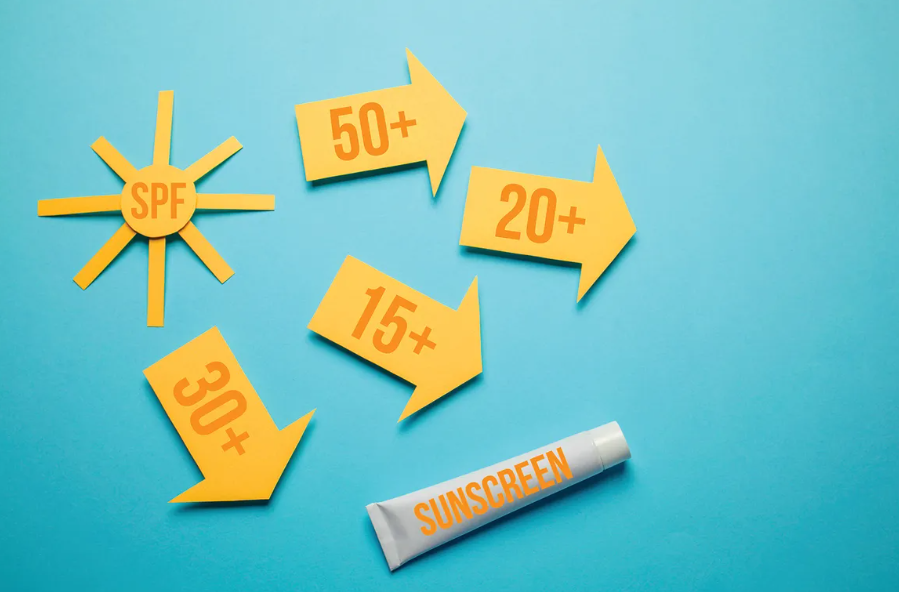(607NewsNow) — As the temperatures drop and the days grow shorter, many people pack away their sunscreen along with their swimsuits and beach towels. While fall may feel like a break from the harsh summer sun, the truth is that sunscreen remains an essential part of your skincare routine year-round.
UV rays don’t take a season off
The sun emits two types of ultraviolet rays that affect the skin: UVA and UVB. UVB rays are responsible for sunburn and are strongest during the summer months. UVA rays, on the other hand, are present all year long and penetrate the skin more deeply, contributing to premature aging, wrinkles, and even skin cancer. Unlike UVB, UVA rays can also pass through clouds and glass, meaning you’re still exposed even on overcast fall days or while sitting near a window.
Cloudy days can be deceptive
It’s easy to assume that cloudy or chilly weather protects you from sun damage. However, up to 80% of UV rays can penetrate clouds. So even when the sun is hidden, your skin is still vulnerable to damage.
Cooler air = more sensitive skin
Fall weather often brings drier air, which can compromise the skin’s natural barrier and make it more sensitive. When skin is dry or irritated, it’s actually more susceptible to damage from UV exposure. Using SPF helps prevent further harm and keeps the skin protected as it adjusts to seasonal changes.
Daily sunscreen is your best anti-aging tool
Consistent sunscreen use is one of the most effective ways to prevent signs of aging. Exposure to UVA rays is a leading cause of fine lines, hyperpigmentation, and loss of skin elasticity. Protecting your skin daily, even in cooler months, can help maintain a more youthful and even complexion over time.
What kind of SPF should you use in the fall?
You don’t necessarily need a heavy-duty, waterproof sunscreen in the fall. A lightweight, broad-spectrum SPF 30 (or higher) is generally sufficient for daily use. You can even opt for a moisturizer with built-in SPF for added convenience. Just make sure it’s labeled “broad-spectrum” to ensure protection against both UVA and UVB rays.
Have questions or concerns about your skin health? Get answers from the Dermatology Associates of Ithaca here.



